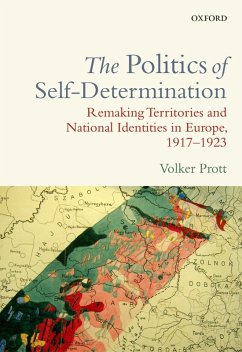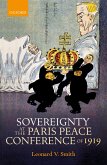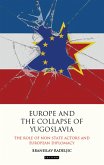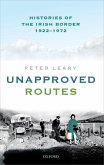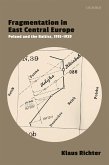The Politics of Self-Determination examines the territorial restructuring of Europe between 1917 and 1923, when a radically new and highly fragile peace order was established. It opens with an exploration of the peace planning efforts of Great Britain, France, and the United States in the final phase of the First World War. It then provides an in-depth view on the practice of Allied border drawing at the Paris Peace Conference of 1919, focussing on a new factor in foreign policymaking-academic experts employed by the three Allied states to aid in peace planning and border drawing. This examination of the international level is juxtaposed with two case studies of disputed regions where the newly drawn borders caused ethnic violence, albeit with different results: the return of Alsace-Lorraine to France in 1918-19, and the Greek-Turkish War between 1919 and 1922. A final chapter investigates the approach of the League of Nations to territorial revisionism and minority rights, thereby assessing the chances and dangers of the Paris peace order over the course of the 1920s and 1930s. Volker Prott argues that at both the international and the local levels, the 'temptation of violence' drove key actors to simplify the acclaimed principle of national self-determination and use ethnic definitions of national identity. While the Allies thus hoped to avoid uncomfortable decisions and painstaking efforts to establish an elusive popular will, local elites, administrations, and paramilitary leaders soon used ethnic notions of identity to mobilise popular support under the guise of international legitimacy. Henceforth, national self-determination ceased to be a tool of peace-making and instead became an ideology of violent resistance.
Dieser Download kann aus rechtlichen Gründen nur mit Rechnungsadresse in A, B, BG, CY, CZ, D, DK, EW, E, FIN, F, GR, HR, H, IRL, I, LT, L, LR, M, NL, PL, P, R, S, SLO, SK ausgeliefert werden.

